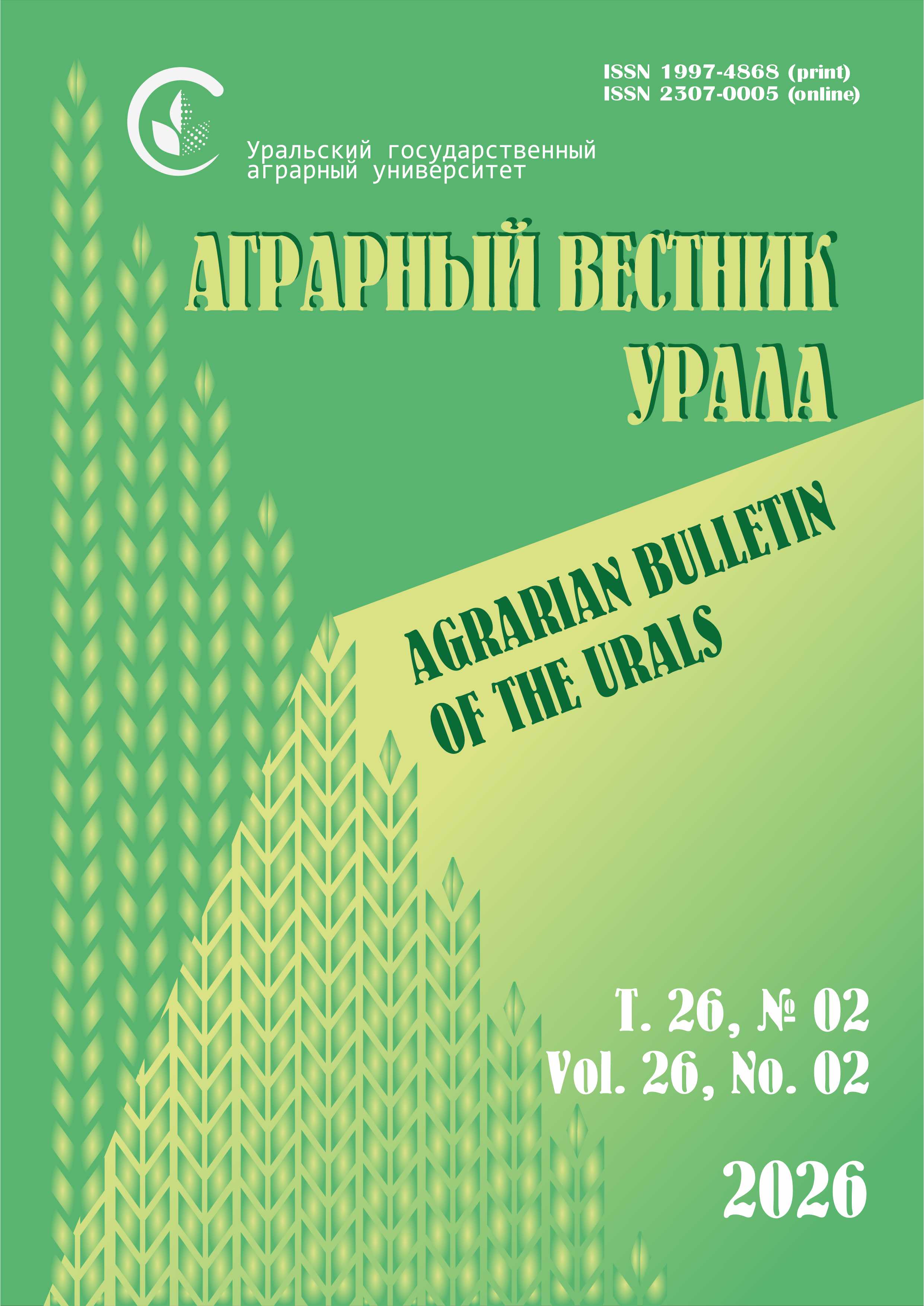Authors:
E. A. Rakhimova
Saint Petersburg Federal Research Center of the Russian Academy of Sciences,
Institute of Agricultural Economics and Rural Development, Saint Petersburg, Pushkin, Russia
E-mail: This email address is being protected from spambots. You need JavaScript enabled to view it.
Abstract. The need to increase the production of fruits and berries raises the question of increasing productivity, which is possible in modern conditions through the digital transformation of the horticulture industry. The purpose of this study is to develop approaches that will allow us to prepare a concept for the digital transformation of the country’s horticulture. Research methods: socio-economic analysis, graphical and SWOT analysis. Scientific novelty of the research: the strengths and weaknesses of the development of digitalization in horticulture in the Russian Federation, the emerging opportunities and threats, have been identified, factors hindering the development of digital technologies in the country’s horticulture have been identified, and measures have been proposed to mitigate their impact. Research results. The article examines the provision of fruits and berries of the country’s own production by region in relation to actual consumption and consumption standards recommended by the Ministry of Health of the Russian Federation in the period 2010-2021. Based on the calculations made, it was concluded that in recent years it has been possible to increase these indicators in the country as a whole to 37.9 % and 27.3 %, respectively, however, the share of imports remains high and the issue of increasing horticultural products is very relevant. The SWOT analysis of the development of digitalization in horticulture in the Russian Federation showed that along with the capabilities of digital technologies, there are also weaknesses, the main of which are significant investment costs for both design organizations and users – specific agricultural producers. Factors hindering the development of digital technologies in Russian horticulture are divided into five groups: industry, economic, government, technical and social. To mitigate the impact of these factors, it is recommended to use additional government support measures, as well as cooperation and the creation of clusters, which is confirmed by the experience of foreign countries. Examples of successful Russian cooperatives in the field of growing and harvesting fruits and berries are given. The proposed approaches can be used when developing at the state level the concept of digital transformation of horticulture both in the Russian Federation as a whole and in individual regions.
Keywords: gardening, fruits and berries, digital transformation, concept, factors, cooperation, cluster, governmental support
For citation: Rakhimova E. A. Approaches to developing the concept of digital transformation of horticulture in the Russian Federation. Agrarian Bulletin of the Urals. 2024; 24 (03): 417‒429. https://doi.org/10.32417/1997- 4868-2024-24-03-417-429. (In Russ.)
Download the full text of the article












